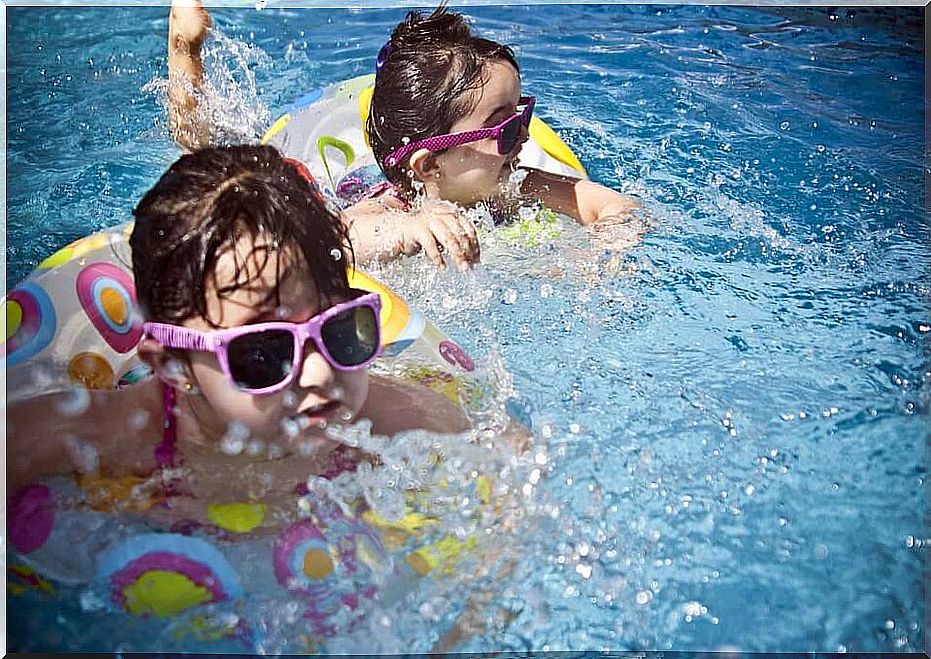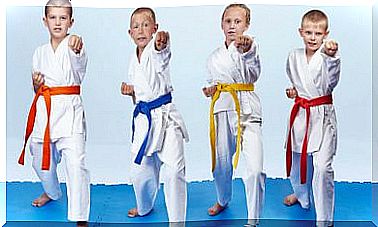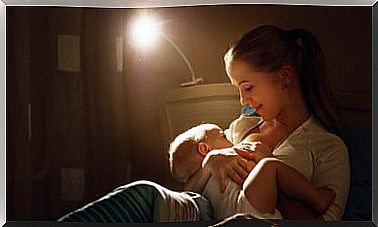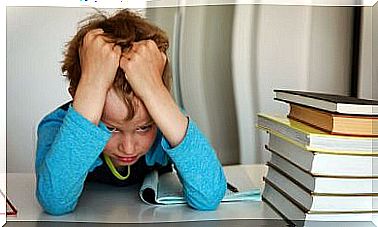Risks Of Heat Stroke In Children
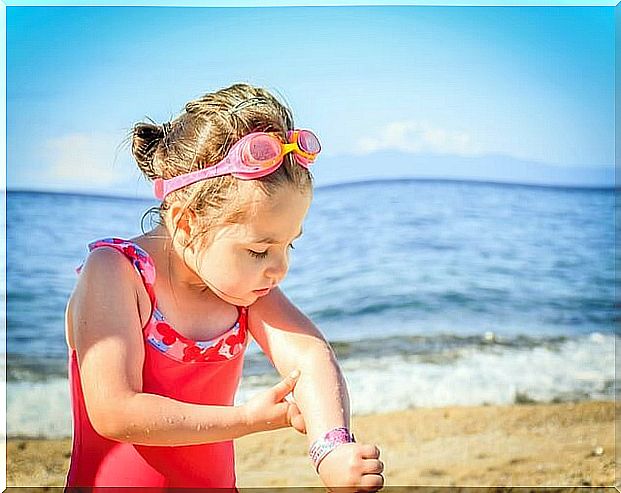
Along with hot temperatures, water games, and vacations, summer brings some weather conditions that we need to pay attention to. Heat stroke in children is one of them; It is a prolonged exposure to sunlight that can become serious if we are not careful enough.
Surely you have heard about the care that summer entails for certain age groups, among which are children and the elderly; They can also be added to people with skin problems or other diseases that require specific precautions.
It is vitally important that you know and respect these guidelines, with the sole purpose of preserving the health of your child. With the desire to go out to have fun and play, the little ones tend not to pay attention to the unfavorable weather conditions of the summer period, especially at certain times. That’s when parental protection should be put into practice to avoid heat stroke in children.
Consequences of heat stroke in children
Sunstroke, also called sunburn, generates a very large imbalance in the child’s body. In this way, it becomes unable to regulate the temperature and to fulfill the vital functions that ensure its proper functioning.
The reason for this propensity of children to suffer the harmful effects of the sun and high temperatures has to do with their lack of maturity. Both your immune system and other parts of your body, such as the skin, do not yet have the necessary strength to withstand the onslaught of sudden changes.
In addition to a fatal outcome, a heat stroke can also cause very serious inconveniences, such as skin burns and diseases related to them. It has also been linked to brain problems and even falling into a coma by some experts.
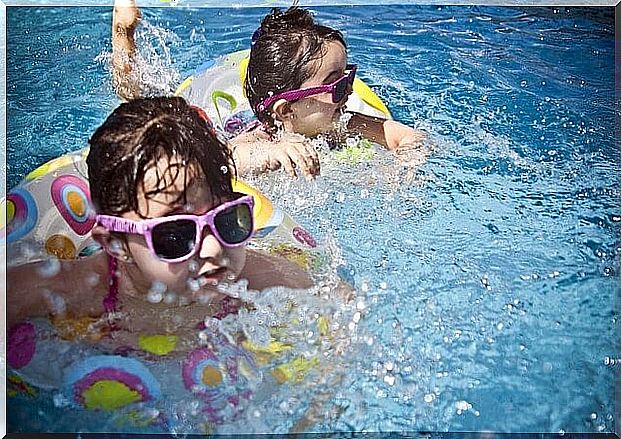
Symptoms of heat stroke in children
A sunburn can cause the following symptoms in children:
- Pallor.
- Cramps
- Fainting.
- Weakness and fatigue
- Excessive sweating
- Headaches.
- Fever over 39 ° C.
- Dizziness, nausea and vomiting
- Decreased blood pressure.
Recommendations to prevent heat stroke in children
Prevention is the single most effective measure parents can take to protect their children from these serious problems. Some tips to prevent them from happening are:
Avoid prolonged sun exposure and at certain times
In the summer months, children should not be exposed to the sun’s rays between 11 a.m. and 5 p.m. In addition, it is necessary that the moments in which they do not exceed two hours; always, of course, the use of sunscreen is mandatory. Physical activity at this time should be prohibited.
Hydration
Children are naturally distracted and don’t spend all day wondering when was the last time they drank water. Therefore, it is necessary for the elderly in charge to offer them something to drink, from time to time, to cool off. Especially when they are playing outside, and even in the pool.
Pay attention to their behavior
If a child is fatigued, listless, or weak for no reason, they may have lost mineral salts and water and may be on the verge of heat stroke. At that time, adults should take steps to treat this condition as soon as possible.

What to do when faced with heat stroke in children?
If your child suffers from heat stroke, you should go immediately to the nearest hospital. In the meantime, you will have to try to lower their body temperature using cold compresses or cloths. The chest, neck and head are essential places, in addition to the thighs and arms.
On the other hand, try to keep it in a place as cool as possible. As long as he’s clear-headed, give him a drink of water to keep him hydrated; be careful not to choke. Also, remove as much clothing as possible, especially if it is a baby.
With this emergency care and immediate medical attention, the effects of heat stroke can be alleviated. Finally, remember that this problem is not exclusive to summer: it can occur in any season, in cases where the stay under intense sunlight is too long.
